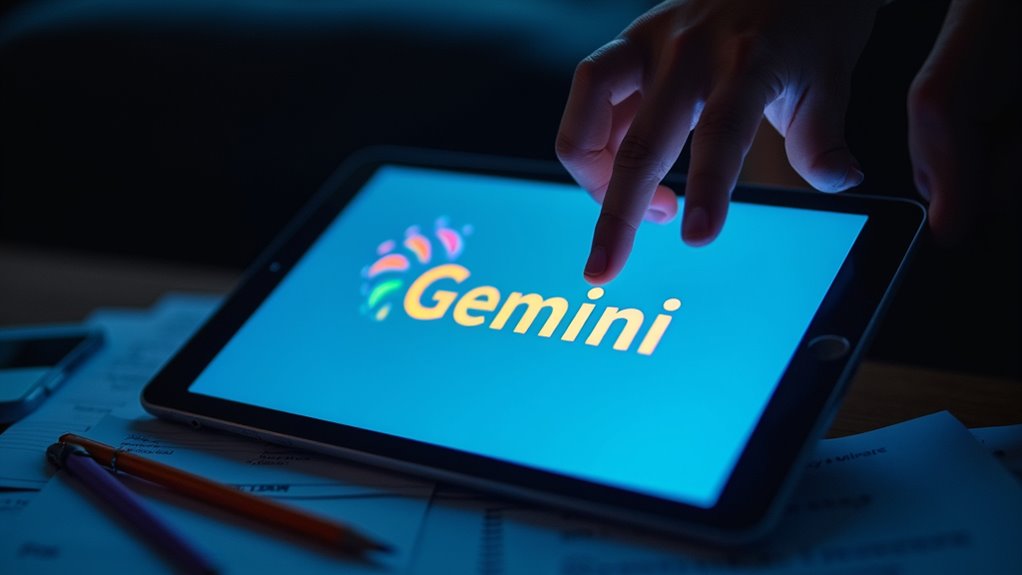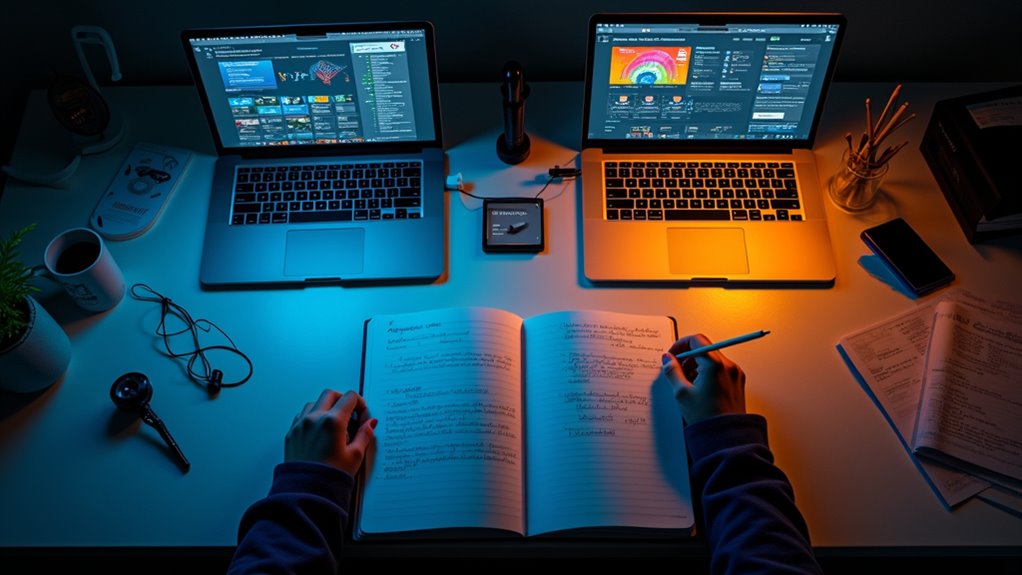Google’s rolling out its Gemini AI for kids under 13—think digital homework elf, writing coach, and 24/7 Q&A machine. *Parents, before you break out the popcorn or panic button,* here’s the rundown: yes, it’s got Family Link parental controls, and Google promises kids’ data won’t train the AI. Still, privacy watchdogs and screen time skeptics aren’t sold, and there are age-old fears about bias and tech-fueled zombie brains. Stick around for the straight-up pros, cons, and what-ifs.
Ah, progress—that relentless force dragging humanity forward, whether we’re ready or not. Google’s Gemini AI, now tailored for kids under 13, is the latest example: a homework helper, creative writing coach, and Q&A buddy, all packed into an app. Parents, breathe—there are parental controls. Through Google Family Link, adults can restrict access and content, peeking over their children’s digital shoulders. Gemini’s available on web, Android, and iOS, so whether your kid has commandeered your phone, tablet, or the family laptop, there’s no escape.
Google’s Gemini AI lands for kids: homework help, creative sparks, and parental controls—welcome to the next level of childproofed digital progress.
But let’s not just hand over the device and walk away. Google, in its infinite wisdom (and possible legal panic), assures us that Gemini encourages kids to double-check info with parents. Why? Because even AI gets it wrong—sometimes spectacularly so. Imagine your child coming to you, convinced dolphins are secretly spies. (Don’t ask.) Google is gradually rolling out access for supervised accounts, so not all families will see Gemini available for kids immediately.
What’s in it for the kids?
- Instant homework support, minus the last-minute tears.
- Creative writing prompts for budding authors—or future screenplay writers.
- Answers to random questions, though “Is Bigfoot real?” will still require parental input.
And the grown-ups? They get the privilege of managing settings and access. If Gemini isn’t available, the app gently informs the child, rather than, say, exploding in sparks and existential dread. The potential for algorithmic bias remains a concern, particularly as young users may not recognize when AI responses reflect societal prejudices.
Still, not everyone is popping virtual champagne. Privacy hawks are circling, asking how Google complies with COPPA and whether a tech giant can ever truly keep kids’ data safe. Google promises kids’ data won’t train its AI, but skepticism persists—because, well, “just trust us” hasn’t aged well since the days of dial-up.
There’s also the nagging worry: Will more screen time and chatbot chats impact mental health? Could Gemini nudge kids toward unhealthy behaviors? Screen time debates rage on, with critics citing everything from attention issues to “the robots are raising our youth.”









